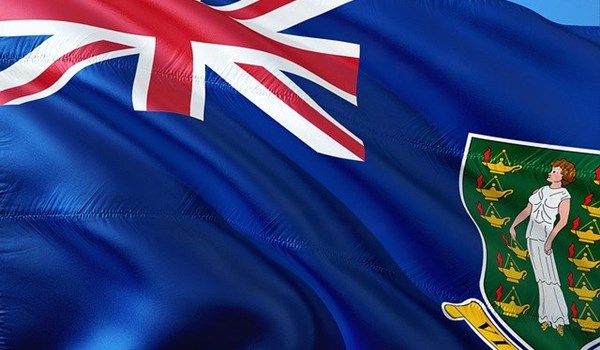The world’s 3,000 billionaires should pay a minimum 2% tax on their fast-growing wealth to raise £250bn a year for the global fight against poverty, inequality and global heating, ministers from four leading economies have suggested.
In a sign of growing international support for a levy on the super-rich, Brazil, Germany, South Africa and Spain say a 2% tax would reduce inequality and raise much-needed public funds after the economic shocks of the pandemic, the climate crisis and military conflicts in Europe and the Middle East.
They are calling for more countries to join their campaign, saying the annual sum raised would be enough to cover the estimated cost of damage caused by all of last year’s extreme weather events.
“It is time that the international community gets serious about tackling inequality and financing global public goods,” the ministers say in a Guardian comment piece.
“One of the key instruments that governments have for promoting more equality is tax policy. Not only does it have the potential to increase the fiscal space governments have to invest in social protection, education and climate protection. Designed in a progressive way, it also ensures that everyone in society contributes to the common good in line with their ability to pay. A fair share contribution enhances social welfare.”
Brazil chairs the G20 group of leading developed and developing countries and put a billionaire tax on the agenda at a meeting of finance ministers earlier this year.
The French economist Gabriel Zucman is now fleshing out the technical details of a plan that will again be discussed by the G20 in June. France has indicated support for a wealth tax and Brazil has been encouraged that the US, while not backing a global wealth tax, did not oppose it.
Zucman said: “Billionaires have the lowest effective tax rate of any social group. Having people with the highest ability to pay tax paying the least – I don’t think anybody supports that.”
Research from Oxfam published this year found that the boom in asset prices during and after the Covid pandemic meant billionaires were $3.3tn – or 34% – wealthier at the end of 2023 than they were in 2020. Meanwhile, a study from the World Bank showed that the pandemic had brought poverty reduction to a halt.
The opinion piece, signed by ministers from two of the largest European economies – Germany and Spain – and two of the largest emerging economies – Brazil and South Africa – claims a levy on the super rich is a necessary third pillar to complement the negotiations on the taxation of the digital economy and the introduction earlier this year of a minimum corporate tax of 15% for multinationals.
“The tax could be designed as a minimum levy equivalent to 2% of the wealth of the super-rich. It would not apply to billionaires who already contribute a fair share in income taxes. Those, however, who manage to avoid paying income tax would be obliged to contribute more towards the common good,” the ministers say.
“Persisting loopholes in the system imply that high-net-worth individuals can minimise their income taxes. Global billionaires pay only the equivalent of up to 0.5% of their wealth in personal income tax. It is crucial to ensure that our tax systems provide certainty, sufficient revenues, and treat all of our citizens fairly.”
The ministers say there would need to be steps to counter the use of tax havens. The levy would be designed to prevent billionaires who choose to live in Monaco or Jersey, for example, but make their money in larger economies such as the UK or France, from reducing their tax bills below a global agreed minimum. If one country did not impose the minimum tax, another country could claim the income.
“Of course, the argument that billionaires can easily shift their fortunes to low-tax jurisdictions and thus avoid the levy is a strong one. And this is why such a tax reform belongs on the agenda of the G20. International cooperation and global agreements are key to making such tax effective. What the international community managed to do with the global minimum tax on multinational companies, it can do with billionaires,” the ministers say.
Zucman said there was overwhelming public support for this proposal, with opinion polls showing up to 80% of voters in favour. Even so, the economist said he was prepared for stiff resistance.
“I don’t want to be naive. I know the super-rich will fight,” he said. “They have a hatred of taxes on wealth. They will lobby governments. They will use the media they own.”



